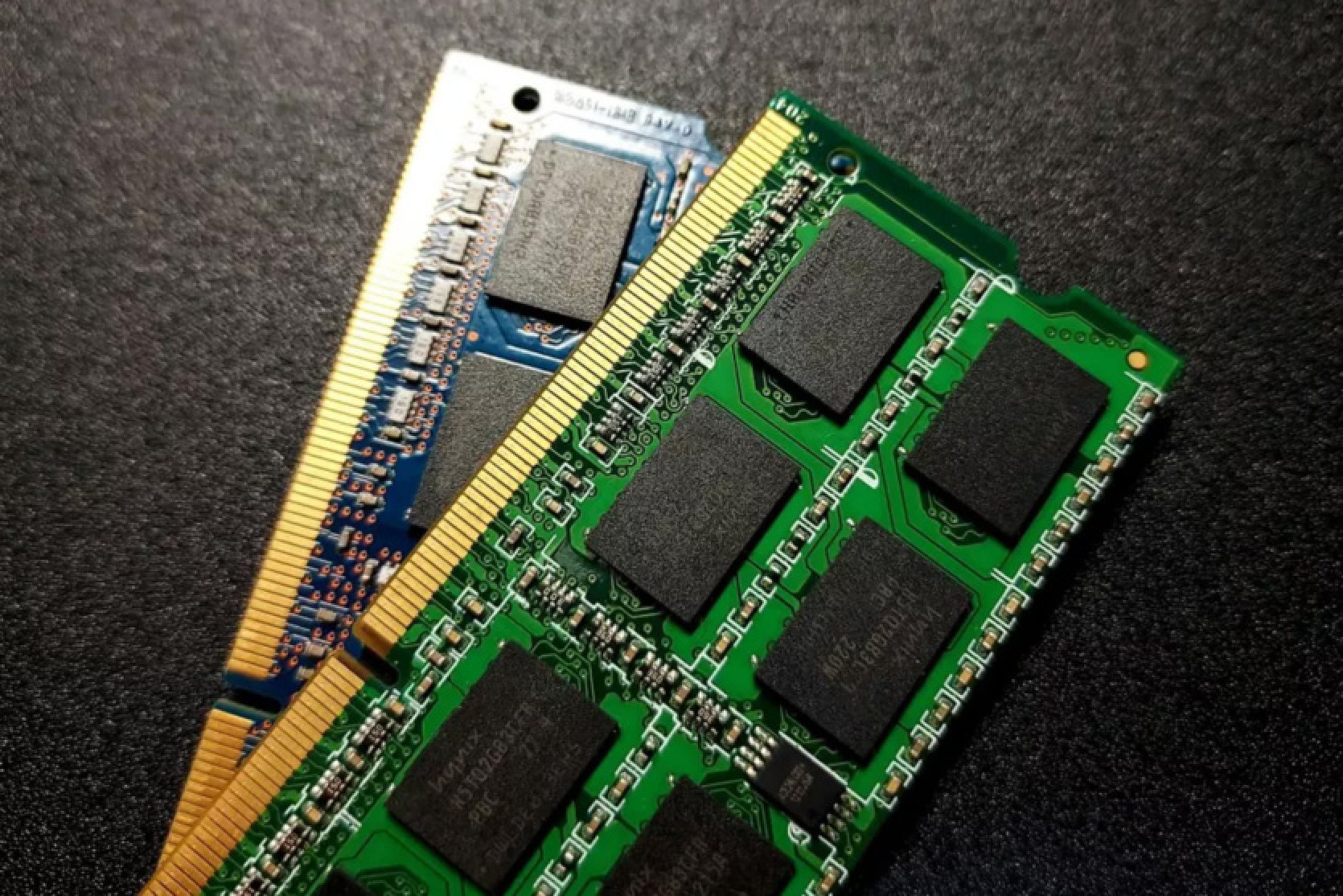Researchers from the Korea Advanced Institute of Science and Technology (KAIST) in South Korea have developed a new type of phase-change memory without the drawbacks of previous iterations of this technology.
Phase-change memory, abbreviated as PCM, works by transitioning between two physical states: crystallized (with low resistance) and amorphous (with high resistance). It optimally combines the properties of DRAM and NAND flash memory.
DRAM is fast but energy-dependent, meaning that data stored in it disappears in case of power interruption. NAND, used in SSDs, can retain data even when power is disconnected, but slower than DRAM.
PCM is a fast and energy-independent type of memory, but traditionally expensive to produce and energy-intensive. Heat is required to melt the phase-change material into the amorphous state, hindering energy efficiency. Previous efforts to address the high energy consumption issue focused on reducing the physical size of the device using advanced lithography methods. The improvements were nominal, and the increased cost and complexity associated with manufacturing were not justified.
Professor Shinhyun Choi and his team developed a method to reduce only components directly involved in the phase-change process to create a variable-phase nanowire. The new approach reduces energy consumption by 15 times compared to traditional phase-change memory and is much cheaper to produce.
The new memory retains many characteristics of traditional memory, such as high speed, high on/off ratio, low variations, and multi-level memory properties.
Researchers expect that the results of their work will form the basis of future electronic engineering. The team's research was published in the journal Nature in early April.
Source: TechSpot














Comments (0)
There are no comments for now